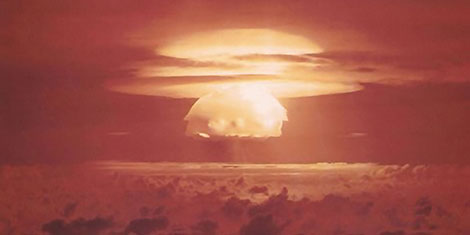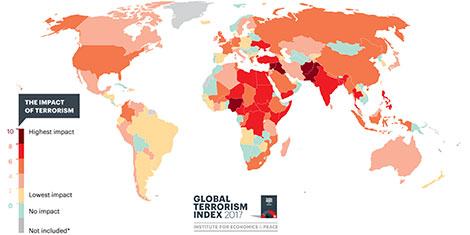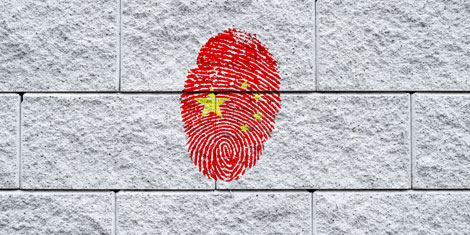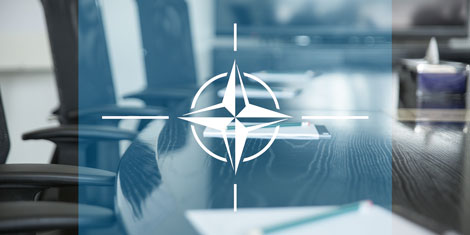 Image courtesy of TheDigitalArtist/pixabay
Image courtesy of TheDigitalArtist/pixabay
This article was originally published by War on the Rocks on 17 November 2017.
China recently announced the launch of its Jinan Project, a quantum information effort billed as “the world’s first unhackable computer network.” Building on its launch last year of the world’s first quantum-enabled satellite, China has made significant strides in quantum technology, a field with rapidly increasing relevance to national security. Its satellite has been hailed as a major step toward “unbreakable” encrypted communications.




